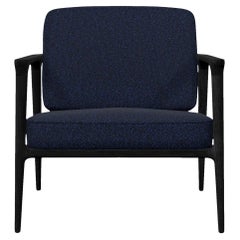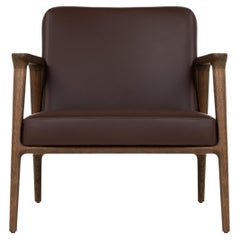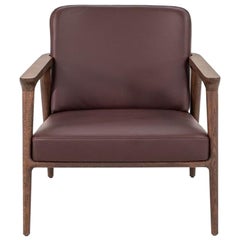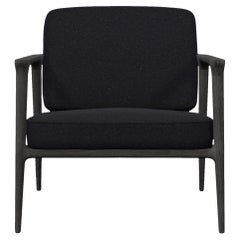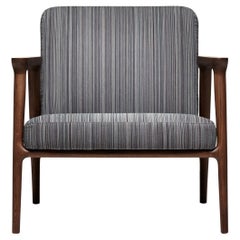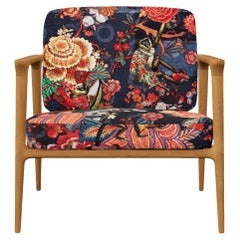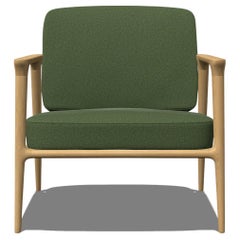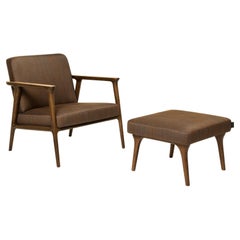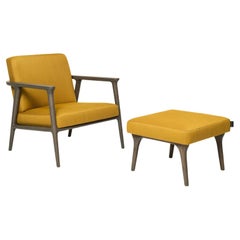Moooi Zio Lounge Chair
21st Century and Contemporary Dutch Modern Lounge Chairs
Upholstery
21st Century and Contemporary Dutch Modern Lounge Chairs
Upholstery
2010s Dutch Modern Lounge Chairs
Leather, Wood, Foam
21st Century and Contemporary Dutch Modern Lounge Chairs
Upholstery
21st Century and Contemporary Dutch Modern Lounge Chairs
Upholstery
21st Century and Contemporary Dutch Modern Lounge Chairs
Upholstery
21st Century and Contemporary Dutch Modern Lounge Chairs
Upholstery
21st Century and Contemporary Dutch Modern Lounge Chairs
Upholstery
21st Century and Contemporary Dutch Modern Lounge Chairs
Upholstery
MARCEL WANDERS for sale on 1stDibs
The creative force behind some of the most inventive furniture and interiors of the past 30 years, the Amsterdam-based Marcel Wanders continues to take his work in new directions.
Wanders, who launched his design career in 1994 as cofounder, with Renny Ramakers and Gijs Bakker, of Droog, has since built an international brand of his own, Marcel Wanders, embodying his sense that design should be playful, romantic, verging on surreal and — when there’s a choice between the two — over- rather than understated. Moooi, a furniture brand he cofounded with Revised’s Casper Vissers, was established in 2001.
Wanders's style might best be defined as contemporary Rococo. Individual pieces that have reached design icon status include his Knotted chair (1995–96), an international breakthrough for Wanders that he made of aramid-fiber cord for Cappellini; his Skygarden pendant lamp for FLOS (2007); his monumental Calvin floor lamp (also 2007). Then there’s the Happy Hour chandelier (2005), created by Wanders with choreographer Nanine Linning, which is part a design object, part a performance in which a “dancing angel” hangs from the center of the fixture, serving little spoons of chocolate mousse and champagne flutes to the people below.
Wanders’s studio collaborations include creating bespoke hides with leather artisans from Bill Amberg Studio and designing crystal game boards for Maison Baccarat, in addition to the handcrafted Nightbloom lamps for Lladró. Wanders is also known for designing what might be called experiential spaces — interiors imbued with his design ethos, as in the eclectic and theatrical Mondrian South Beach hotel, in Miami (2008), and the Andaz Amsterdam Prinsengracht hotel (2012).
Find a collection of authentic Marcel Wanders sofas, chairs, tables and other furniture on 1stDibs.
A Close Look at Modern Furniture
The late 19th and early 20th centuries saw sweeping social change and major scientific advances — both of which contributed to a new aesthetic: modernism. Rejecting the rigidity of Victorian artistic conventions, modernists sought a new means of expression. References to the natural world and ornate classical embellishments gave way to the sleek simplicity of the Machine Age. Architect Philip Johnson characterized the hallmarks of modernism as “machine-like simplicity, smoothness or surface [and] avoidance of ornament.”
Early practitioners of modernist design include the De Stijl (“The Style”) group, founded in the Netherlands in 1917, and the Bauhaus School, founded two years later in Germany.
Followers of both groups produced sleek, spare designs — many of which became icons of daily life in the 20th century. The modernists rejected both natural and historical references and relied primarily on industrial materials such as metal, glass, plywood, and, later, plastics. While Bauhaus principals Marcel Breuer and Ludwig Mies van der Rohe created furniture from mass-produced, chrome-plated steel, American visionaries like Charles and Ray Eames worked in materials as novel as molded plywood and fiberglass. Today, Breuer’s Wassily chair, Mies van der Rohe’s Barcelona chair — crafted with his romantic partner, designer Lilly Reich — and the Eames lounge chair are emblems of progressive design and vintage originals are prized cornerstones of collections.
It’s difficult to overstate the influence that modernism continues to wield over designers and architects — and equally difficult to overstate how revolutionary it was when it first appeared a century ago. But because modernist furniture designs are so simple, they can blend in seamlessly with just about any type of décor. Don’t overlook them.
Finding the Right Lounge-chairs for You
While this specific seating is known to all for its comfort and familiar form, the history of how your favorite antique or vintage lounge chair came to be is slightly more ambiguous.
Although there are rare armchairs dating back as far as the 17th century, some believe that the origins of the first official “lounge chair” are tied to Hungarian modernist designer-architect Marcel Breuer. Sure, Breuer wasn’t exactly reinventing the wheel when he introduced the Wassily lounge chair in 1925, but his seat was indeed revolutionary for its integration of bent tubular steel.
Officially, a lounge chair is simply defined as a “comfortable armchair,” which allows for the shape and material of the furnishings to be extremely diverse. Whether or not chaise longues make the cut for this category is a matter of frequent debate.
The Eames lounge chair, on the other hand, has come to define somewhat of a universal perception of what a lounge chair can be. Introduced in 1956, the Eames lounger (and its partner in cozy, the ottoman) quickly became staples in television shows, prestigious office buildings and sumptuous living rooms. Venerable American mid-century modern designers Charles and Ray Eames intended for it to be the peak of luxury, which they knew meant taking furniture to the next level of style and comfort. Their chair inspired many modern interpretations of the lounge — as well as numerous copies.
On 1stDibs, find a broad range of unique lounge chairs that includes everything from antique Victorian-era seating to vintage mid-century modern lounge chairs by craftspersons such as Hans Wegner to contemporary choices from today’s innovative designers.
